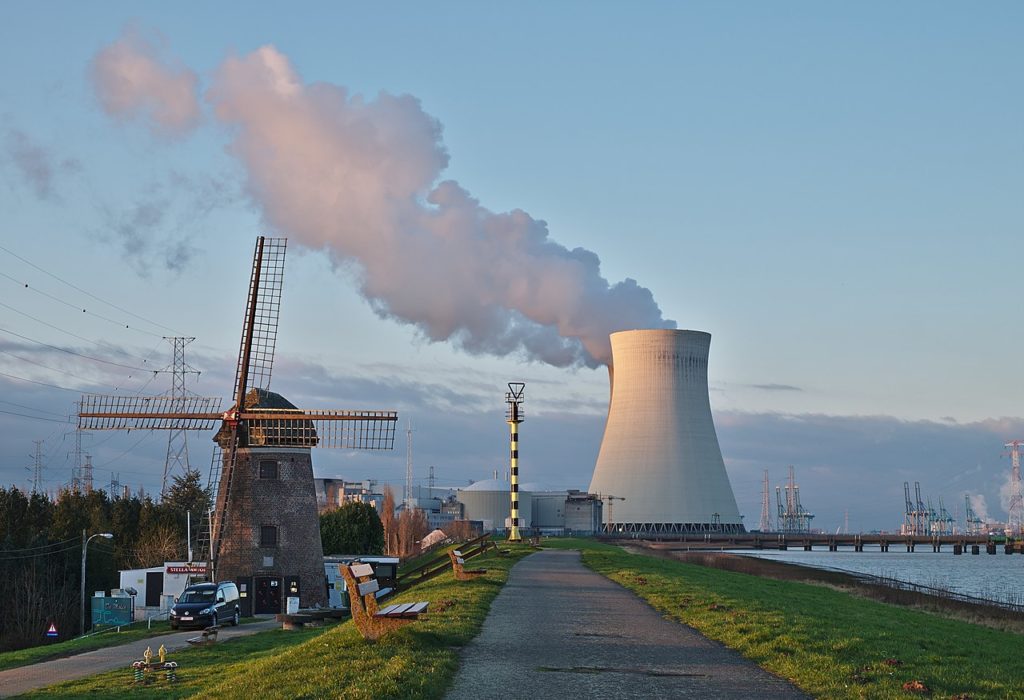The Belgian government has raised concerns over European Union financial plans to transition away from Russian energy exports, according to Belgian newspaper Le Soir on 28 May.
Belgium government officials fear that the total amount of European investment proposed by the plans, around €268 million, would be insufficient to offset the negative impact of the switch away from Russian oil and gas.
Secretary of State for Economic Recovery Thomas Dermine told Le Soir that the current financial proposals from the EU, which are aimed at freeing the EU from Russian energy by 2027, are not clearly laid out. An opinion, he states, is widely shared in the government.
Around €300 billion are set out in investments towards this goal, however critics note that just 20 billion is “new” investment.
“The rest are loans not used by member states in their recovery plan and funds transferred from accounts intended for social cohesion and agricultural policy,” noted Dermine. Belgium is opposed to drawing money from these policy areas, as they are two policies that the country most highly values.
Related News
- European Commission issues uncertain economic forecast for EU
- Electricity prices expected to remain high for 3-5 years
In deciding how much each country would receive as part of this investment towards Europe’s energy tradition, European officials have opted to allocate funds in the same way as funding for “post-Covid” recovery plans. This takes into account GDP, population, unemployment rates, and incomes.
Unfair, says Dermine, because Belgium is set to be one of the hardest hit by the energy transition and one of the least compensated.
“It’s nonsense. This measure was developed to mitigate economic losses due to the Covid crisis. The REPowerEu plan is about energy independence. Funding should therefore be allocated with priority to the countries which suffer from their dependence on Russian oil and gas,” says the Belgian minister.
Belgium is not one of the most dependent countries on Russian oil and gas. Nevertheless, Belgium’s use of expensive domestically produced energy could be problematic when faced with increasingly reduced volumes of cheap, Russian imports.
Belgium is now proposing an alternative means of dividing up the European investments. According to Dermine, this will nearly double the entitled funds to around €500 billion.

